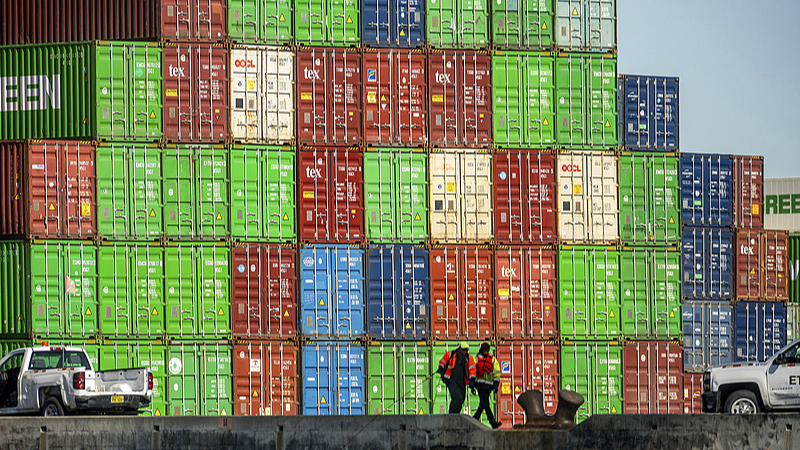The global economy is reeling as U.S. tariffs spark a wave of market turmoil and backlash around the world. 😮 Wall Street experienced one of its worst days in years, with the Nasdaq Composite sliding into bear market territory and both the Dow Jones and S&P 500 facing steep declines. Iconic companies like Apple, Walmart, and Nike are feeling the pinch as trade tensions intensify.
This economic shake-up isn’t just a U.S. phenomenon—key financial centers in Asia and Europe are also reporting significant losses. A recent survey from CGTN reveals that most respondents believe that using "reciprocal tariffs" will only hurt American consumers and slow down global growth.
In a decisive move, the Chinese mainland announced retaliatory measures. Effective at noon on April 10, a 34% tariff on select U.S. imports, along with new export restrictions on vital rare earth elements, was imposed. This bold response underscores growing global opposition to what many view as economic coercion. 🚀
European leaders are voicing strong disapproval as well. European Commission President Ursula von der Leyen condemned the U.S. tariffs, calling them a "major blow" to the world economy and warning of immediate consequences for businesses and consumers alike. Leaders from the U.K., Italy, and Australia have also expressed disappointment, emphasizing that such measures strain long-standing partnerships and add uncertainty to global trade.
Experts warn that these moves may spur further protectionism, potentially raising domestic prices and disrupting established supply chains. As trade tensions escalate, the ripple effects could impact everyday lives globally. Stay tuned as this international saga of economic policy and market shifts continues to unfold!
Reference(s):
cgtn.com


